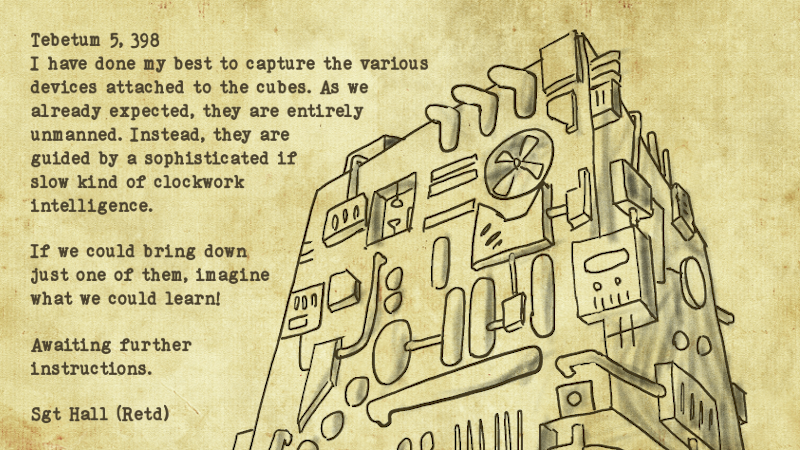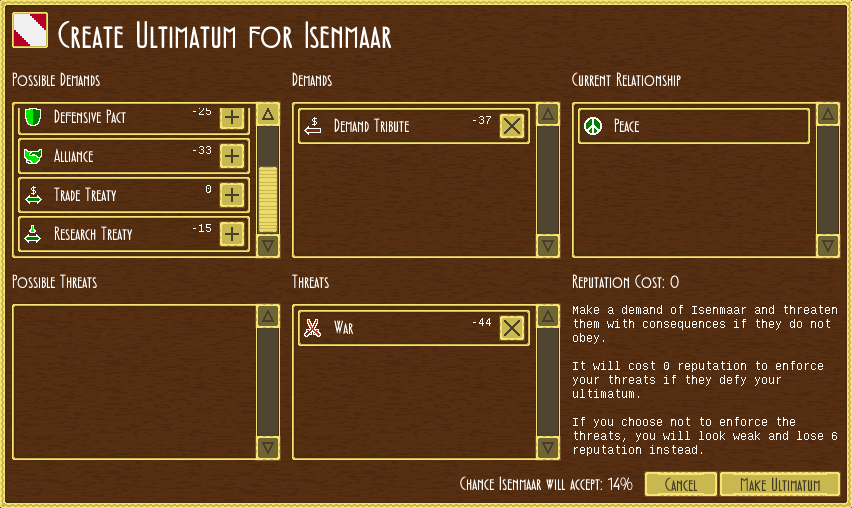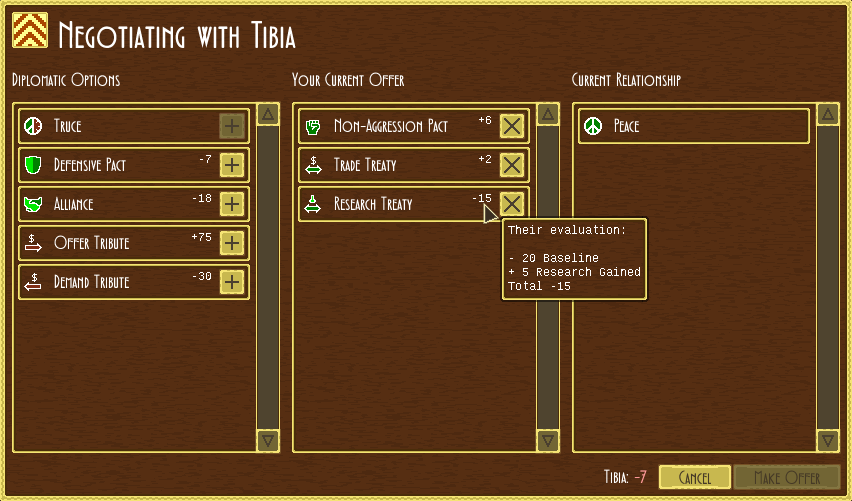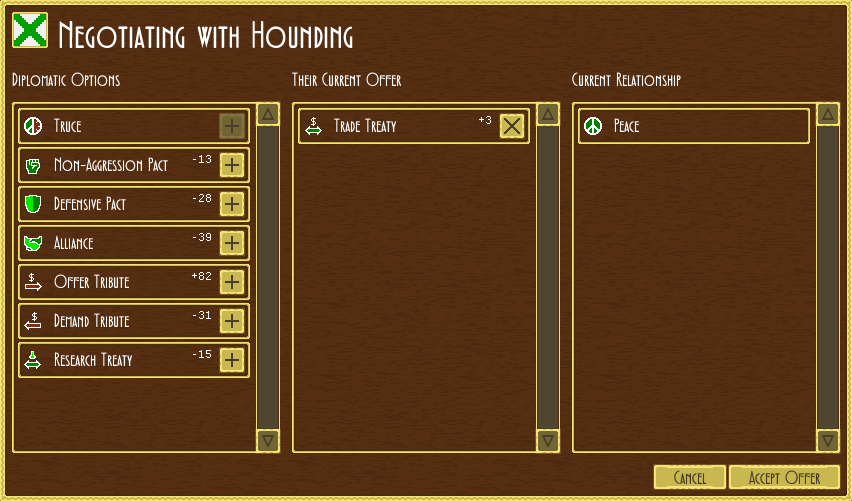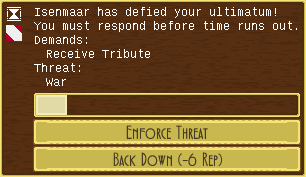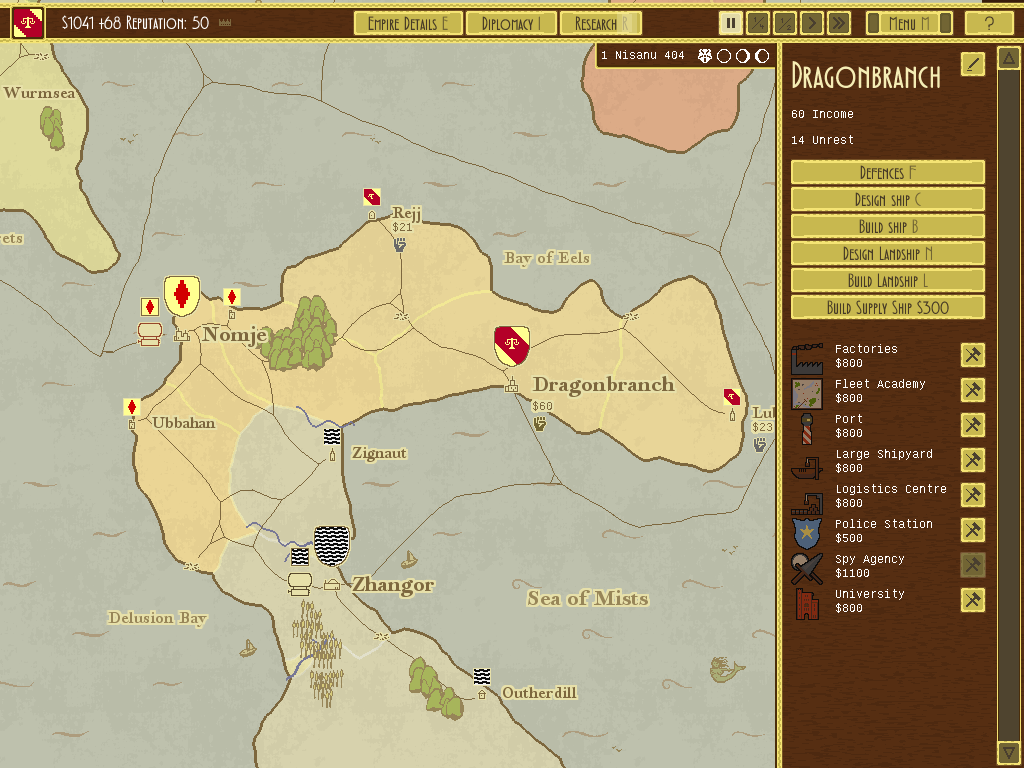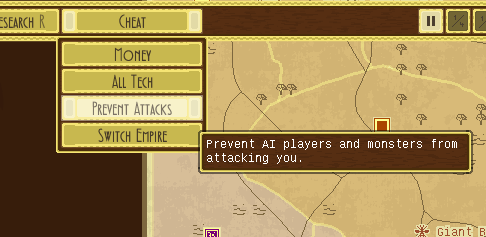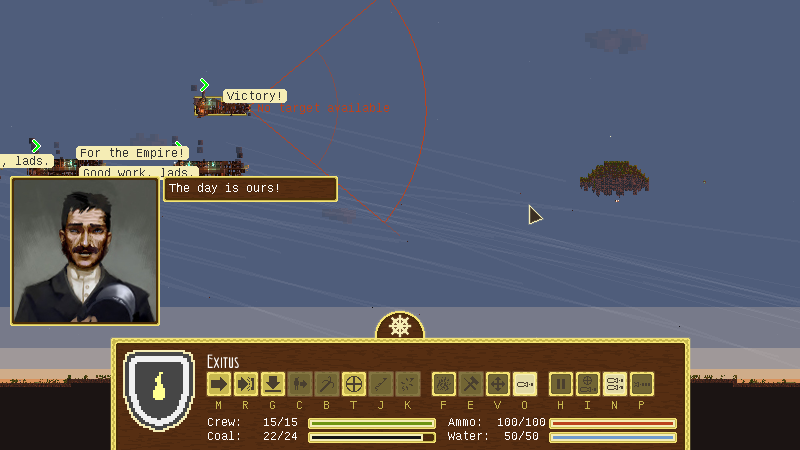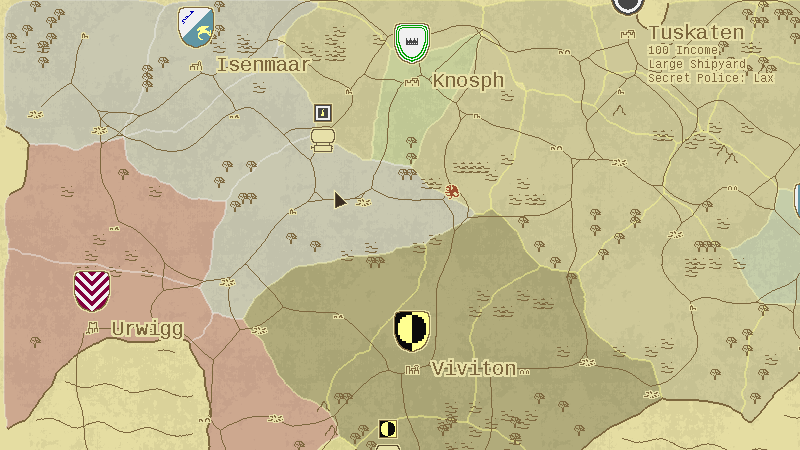
Nov 16, 2021
Airships: Conquer the Skies - Zarkonnen
Right hand is mostly better, but I'm still taking it slow. Here's an update that was mostly ready before the Incident:
Fixes and Improvements
Modules can now add bonuses to ships they're in using the providesBonus value. This opens up a lot of interesting potential, as bonuses can be used to change nearly everything about modules. Note that modules will grant these bonuses whether or not they're in a running state - this is to prevent paradoxical / unstable situations where a running module's bonus causes it to stop running.
You can now partially overwrite existing Loadables (game data entries) instead of having to replace the whole thing. To do this, set "patch" to true and provide a partial entry with just the keys you want added or replaced.
Multiple patches from different mods can layer on top of each other - of course with no guarantee that the end result makes sense, or that it even runs without crashing. But it allows for eg one mod to change the visual appearance of cannons, and the other once changing the damage progression.
Note that each mod still has to be loadable on its own, so you can't make a mod that requires another mod to function. For that case, just make one mod instead.
I've made a small example mod that shows both of these new modding features: an alchemist's chamber that boosts damage from explosive weapons.

Off the top of my head, here's some other things you could do with modules that add bonuses:
Fixes and Improvements
- Undid a "fix" that made things worse: Single combats should no longer incorrectly end in draws, but individual ship fates in the post-combat screen may once again be incorrectly displayed as immobile. This does not affect conquest games.
- When editing a ship in multiplayer, you can now go to spectate or setup a combat, and will be nicely returned to the editor after the combat.
- Soil and grass is sturdier and should no longer evaporate into deep craters upon contact with crashing ships.
- Added the following new letters for display in game text: đďþňčřžšßťǎăāæěĕēòôøœůÿïĐĎÞÑŇČŘŽŠSSŤÂǍĂĀÆËÂĚĔĒÒÔØŒŮŸÏÍ
- Fixed a boarder pathing bug that would cause borders to not move when told to board an enemy ship.
- If you load a ship where one module is blocking another (eg a slope in front of a cannon), the game now treats this as an error. This is to prevent a potential exploit where you could use a mod to disable placement restrictions but then still use the resulting ship in unmodded play.
- Instead of air sailors, landships now have crew with their own visual appearance and reduced maintenance costs, designed by Meowskyi (thanks!)
Modules can now add bonuses to ships they're in using the providesBonus value. This opens up a lot of interesting potential, as bonuses can be used to change nearly everything about modules. Note that modules will grant these bonuses whether or not they're in a running state - this is to prevent paradoxical / unstable situations where a running module's bonus causes it to stop running.
You can now partially overwrite existing Loadables (game data entries) instead of having to replace the whole thing. To do this, set "patch" to true and provide a partial entry with just the keys you want added or replaced.
Multiple patches from different mods can layer on top of each other - of course with no guarantee that the end result makes sense, or that it even runs without crashing. But it allows for eg one mod to change the visual appearance of cannons, and the other once changing the damage progression.
Note that each mod still has to be loadable on its own, so you can't make a mod that requires another mod to function. For that case, just make one mod instead.
I've made a small example mod that shows both of these new modding features: an alchemist's chamber that boosts damage from explosive weapons.

Off the top of my head, here's some other things you could do with modules that add bonuses:
- Increase fire safety by reducing the fireHP values of flammable modules.
- Improve storage capacity for resources.
- Improve stats of specific weapons like fire rate, damage, accuracy.
- Improve lift / propulsion of specific modules.
- Change the stats of armour.
- Change the visual appearance of modules.
- Improve firefighting or repair effectiveness.





